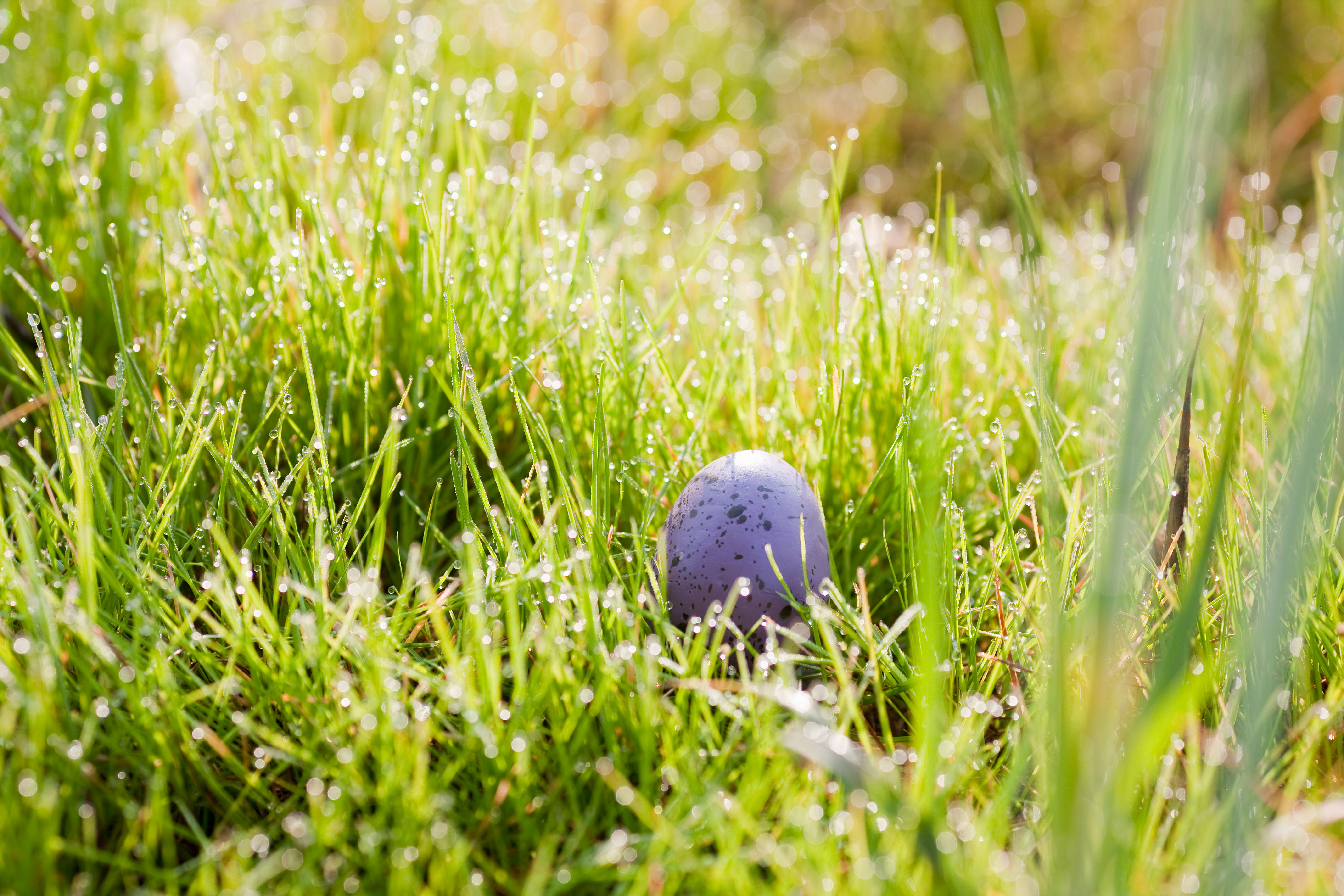Curious Questions: Is there a way to win at rock, paper, scissors?
A completely fair game of chance, or an opportunity for those with an edge in human psychology to gain an advantage? Martin Fone looks at the enduringly simple game of rock, paper, scissors.


A game of rock, paper, scissors — or scissors, paper, stone, if you prefer — is an acknowledged way of settling a friendly dispute, often seen as a more sophisticated alternative to tossing a coin. It appears a deceptively simple game, two players facing each other and simultaneously making one of three hand gestures, a closed fist representing ‘rock’, a flat hand ‘paper’ and a fist with the index and middle fingers extended ‘scissors’. The player selecting rock will win if their opponent has chosen scissors but will lose to paper. Scissors will beat paper and if the players make the same selection, the game will be drawn.
Citing a reference in a 16th century book by Xie Zhaozhi, the World Rock Paper Scissors Association trace RPS’s origins to a game called shoushiling or ‘hand command’ played during the Chinese Han Dynasty (206BC to 220AD). By the 17th century, a version of the game called mushi-ken had reached Japan where the thumb represented a frog, the little finger a slug, and the index finger a snake. The slug triumphed over the frog but lost to the snake while the frog beat the snake.
The direct forerunner of rock, paper, scissors is Janken, a Japanese game, which used the now familiar gestures and grew increasingly popular in the 19th century. In a Malaysian version a bird replaced scissors and water paper with water beating rock as it makes it sink, a bird overcoming water which it drinks and a rock crushing the bird. In Indonesia a variant uses an elephant, indicated by a slightly raised thumb, and a human and an ant, signified by outstretched index and little fingers respectively. The ant frightens the elephant but is crushed by the human who, in turn, loses to the elephant.
It was not until the early 20th century that the game reached the West, a letter in The Times in 1924 describing a game of ‘zhot’ which resembled what we know as rock, paper, scissors, claiming it to be of Mediterranean origin. This misconception was soon rectified by another correspondent who identified it as Jan-ken-pon, a game which they had seen played throughout Japan. This exchange suggests that rock, paper, scissors was relatively unknown at the time in Britain — or at least to readers of ‘The Thunderer’.
The French children’s magazine, La Vie au patronage, described the game in 1927, calling it a ‘jeu japanois’ while in America the 1933 edition of Compton’s Pictured Encyclopaedia noted that what it transcribed as John Kem Po was a common method of settling disputes amongst Japanese children. ‘This is such a good way of deciding an argument’ it proclaimed ‘that American boys and girls might like to practice [sic] it too’.
"Facing an opponent who is confident enough to break away from the ‘win-stay lose-shift strategy’ is rare"
In an Olympic year it might be churlish to gainsay the founder of the modern games, Baron Pierre de Coubertin, whose mantra was that ‘the most important thing in the Olympic Games is not winning but taking part; the essential thing in life is not conquering but fighting well’. That is all very well, but for some psychologists and game theorists, rock, paper, scissors offered the opportunity to develop strategies that reduced the impact of the implied randomness of the game.
A fascinating article published in Physics and Society in April 2014 by some researchers from Chinese universities described the cognitive processes involved in the game. Taking 360 students and breaking them down into groups of six, they asked them to play 300 games in random pairings allowing them to observe how the players rotated through the possible options. To incentivise them, the players received a small cash prize each time they won.
Sign up for the Country Life Newsletter
Exquisite houses, the beauty of Nature, and how to get the most from your life, straight to your inbox.
While there was a slight bias in favour of rock and scissors (35 per cent each) compared with paper, players selected their options randomly on average. However, there was a distinct pattern to the way players behaved after the result of a round of rock, paper, scissors. Those who had won were more likely to stick with their selection, whereas those who had lost not only were prone to change their choice but also to follow a clear sequence, choosing paper after rock, scissors after paper, and rock after scissors and so on.
An understanding of this process, which the researchers called a ‘win-stay lose-shift strategy’, opens the way to developing a winning strategy. The key is to be a reactive rather than a random or reflexive player, concentrating on reacting to how your opponent plays. As most winners stick to their choice and losers alter their choice in a cyclical fashion, this can be turned to advantage.
The researchers do sound a note of caution, though, by pointing out that opponents who also adopt a reactive strategy will be more difficult to beat. However, they observe that facing an opponent who is confident enough to break away from the ‘win-stay lose-shift strategy’ is rare and basing a strategy on the assumption that most players will stick to a reflex-based strategy will, on average, improve the chances of winning. Extending the concept, Neil Farber, writing in Psychology Today in April 2015, provided a handy list of nine strategies to adopt against non-random players of rock, paper, scissors.
The idea that you can give yourself an advantage becomes more notable when you consider that weighty matters have been decided by this seemingly simple game. In 2006 a Federal Judge in Florida, Gregory Presnell, ordered the two sides in a lengthy case to settle the matter with a game while three police officers were reprimanded in 2015 for allowing a underage drinker to avoid a fine after beating them at rock, paper, scissors. Even the august auction houses Christie’s and Sotheby’s have resorted to using the game: in 2005, under a client’s instructions, they played rock, paper, scissors to determine who would have the rights to auction a $20 million collection of impressionist paintings. Christie’s won, earning a sizeable commission from the subsequent auction. Their strategy was anything but random: it came from the 11-year-old twins of one of the company directors, who insisted, correctly, that choosing scissors was the best bet.
After graduating in Classics from Trinity College Cambridge and a 38 year career in the financial services sector in the City of London, Martin Fone started blogging and writing on a freelance basis as he slipped into retirement. He has developed a fearless passion for investigating the quirks and oddities of life and discovering the answers to questions most of us never even think to ask. A voracious reader, a keen but distinctly amateur gardener, and a gin enthusiast, Martin lives with his wife in Surrey. He has written five books, the latest of which is More Curious Questions.
-
 What should 1.5 million new homes look like?
What should 1.5 million new homes look like?The King's recent visit to Nansledan with the Prime Minister gives us a clue as to Labour's plans, but what are the benefits of traditional architecture? And can they solve a housing crisis?
By Lucy Denton
-
 Having a ruff day: Kennel Club exhibition highlights the plight of vulnerable spaniel breeds
Having a ruff day: Kennel Club exhibition highlights the plight of vulnerable spaniel breedsPhotographer Melody Fisher has been travelling the UK taking photographs of ‘vulnerable’ spaniel breeds.
By Annunciata Elwes
-
 Curious Questions: Did the Victorians pave the way for the first ULEZ cameras in the world?
Curious Questions: Did the Victorians pave the way for the first ULEZ cameras in the world?Martin Fone takes a look at the history of London's coalgates, and finds that the idea of taxing things as they enter the City of London is centuries old.
By Martin Fone
-
 Curious Questions: What are the finest last words ever uttered?
Curious Questions: What are the finest last words ever uttered?Final words can be poignant, tragic, ironic, loving and, sometimes, hilarious. Annunciata Elwes examines this most bizarre form of public speaking.
By Annunciata Elwes
-
 Curious Questions: Why do we still love pirate stories, 300 years on from Blackbeard?
Curious Questions: Why do we still love pirate stories, 300 years on from Blackbeard?Tales of swashbuckling pirates have entertained audiences for years, inspired by real-life British men and women, says Jack Watkins.
By Jack Watkins
-
 Curious Questions: Why is race walking an Olympic sport?
Curious Questions: Why is race walking an Olympic sport?The history of the Olympics is full of curious events which only come to prominence once every four years. Martin Fone takes a look at one of the oddest: race walking, or pedestrianism.
By Martin Fone
-
 Curious Questions: Where does the phrase 'daylight robbery' come from? It's literally about the theft of daylight
Curious Questions: Where does the phrase 'daylight robbery' come from? It's literally about the theft of daylightMartin Fone tells a tale of sunshine and tax — and where there is tax, there is tax avoidance... which in this case changed the face of Britain's growing cities.
By Martin Fone
-
 Curious Questions: Is being left-handed an advantage?
Curious Questions: Is being left-handed an advantage?In days gone by, left-handed children were made to write with the ‘correct’ hand — but these days we understand that being left-handed is no barrier to greatness. In fact, there are endless examples of history's greatest musicians, artists and statesmen being left-handed. So much so that you'll start to wonder if it's actually an advantage.
By Toby Keel
-
 Curious Questions: Why does our tax year start on April 6th?
Curious Questions: Why does our tax year start on April 6th?The tax-year calendar is not as arbitrary as it seems, with a history that dates back to the ancient Roman and is connected to major calendar reforms across Europe.
By Martin Fone
-
 Curious Questions: Why does Easter move dates every year?
Curious Questions: Why does Easter move dates every year?Phoebe Bath researches why exactly Easter is a called a 'moveable feast'.
By Country Life